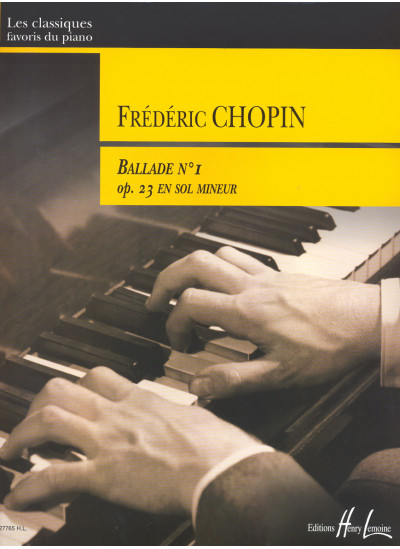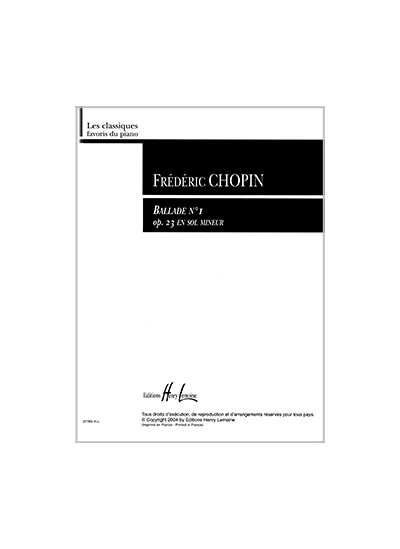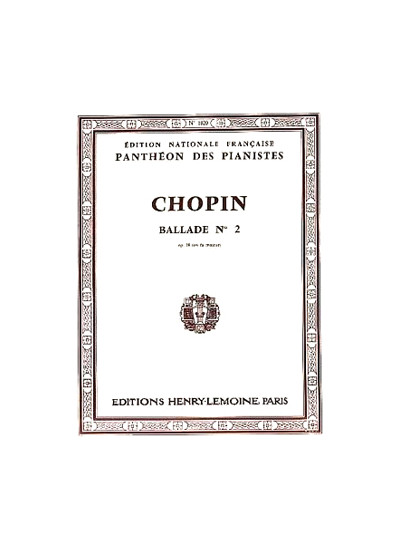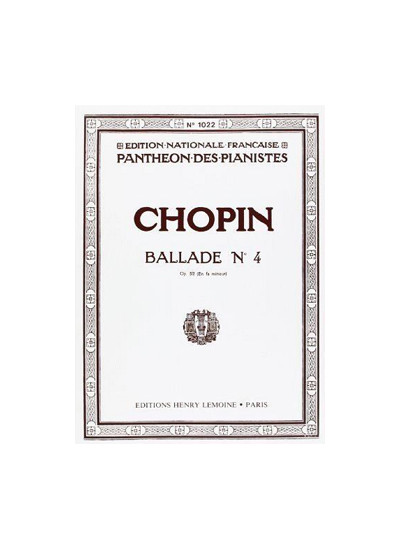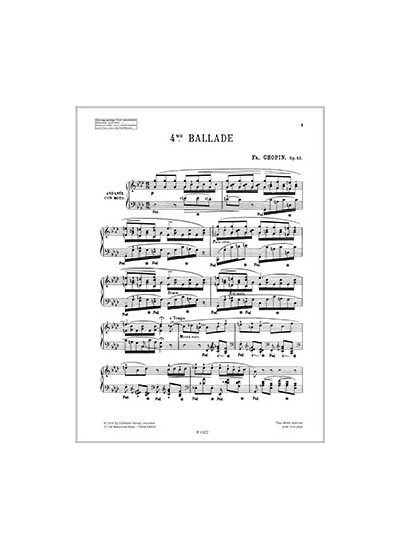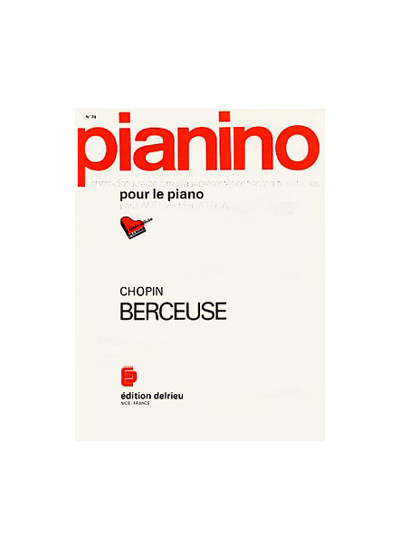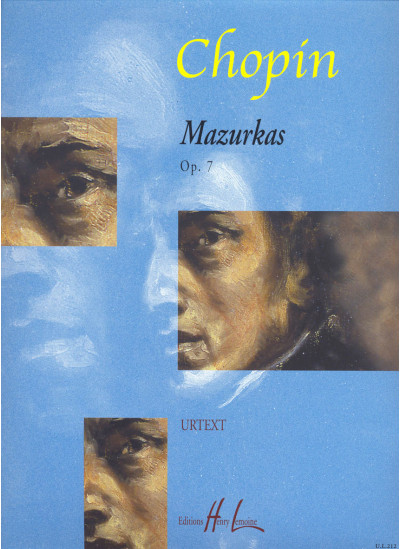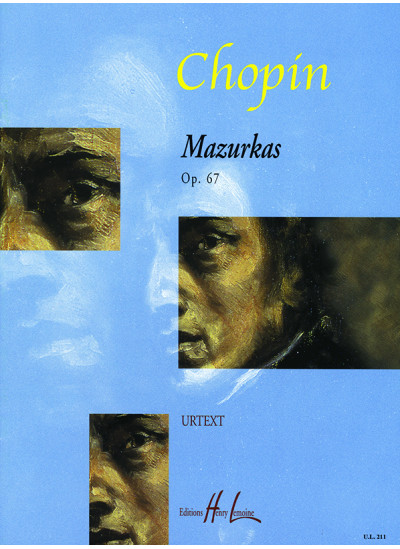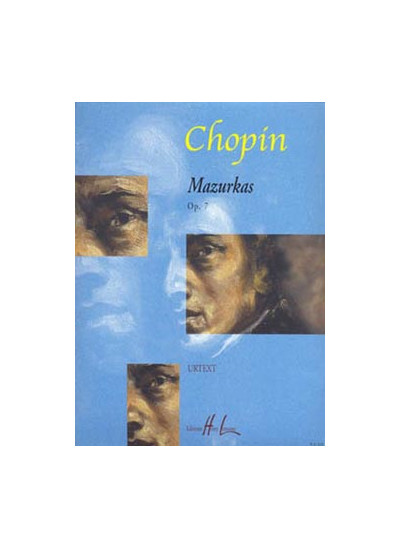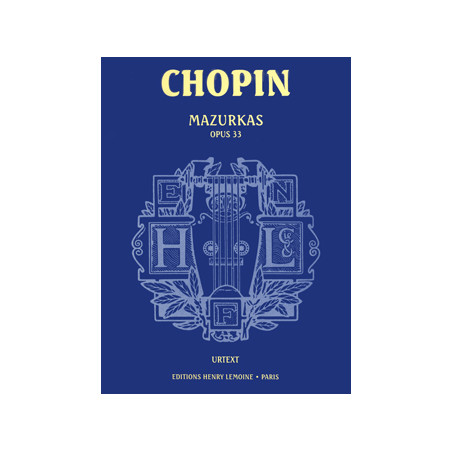
Play a sample
The Mazurka is a dance in triple time with the accent placed most often on the second beat or, more rarely, on the third. It apparently appeared in Poland in the 16th century, from where it spread rapidly. Frédéric Chopin wrote 57 Mazurkas, of which 46 were published during his lifetime. The frequency and regularity with which the composer wrote them in the course of his life reveals his passionate interest for this compositional form and it would therefore seem to be an ideal framework for interpreting all the subtleties of his Slav soul. Even if, as Chopin confessed, his Mazurkas were not intended for dancing, they nonetheless express the rhythms and accents peculiar to his native land and which were so close to his heart. The first Mazurkas (in Bb and G, without opus number) date from 1825 when Chopin was 15, and it is no mere chance if his last work, written just before his death in 1849, is also a Mazurka. Between these two dates this inspired creation of the composer was regularly enriched, almost every year, with a new cycle of three or four Mazurkas. The generic term Mazurka in fact embraces three dances of differing origin and character: - the Mazur (pl. mazurki), originating from Mazovia, Chopin's native province, an accentuated dance in moderate tempo. - the Kujawiak (pl. kujawki), originating from Kujavia, province, a rather slow dance with light accents. - the Ôberek (pl. oberki), a very lively dance, with strong and regular accents. This is how the fundamental differences of tempo and character in the mazurkas can be explained. Although Chopin never used Polish folkmusic as a source of thematic material in this genre (contrary to Bartôk's practice with Hungarian folksongs) it is impossible not to feel, when listening to these pieces, the lively presence of this folklore, stylized as it were and sublimated. This is where the principal difficulty lies in interpreting and penetrating into the world of these Mazurkas, which otherwise are quite straightforward technically: a particularly sensitive touch and an infinitesimal but controlled irregularity of the musical flow are necessary to bring the phrases alive, banishing any rigidity incompatible with Chopin's Poetry.



